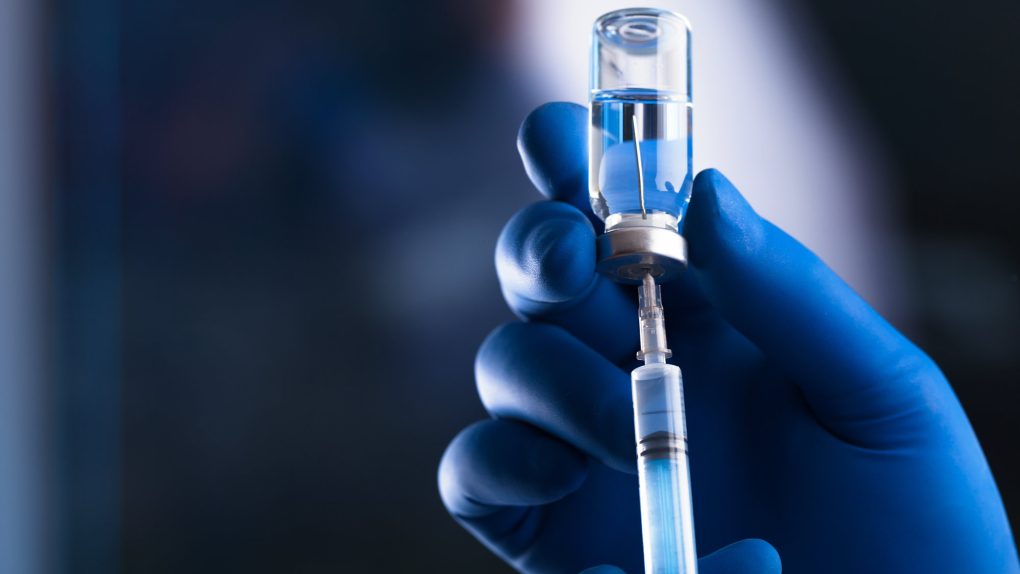- The coronavirus vaccine is safe for most people to receive, and only a very small number of people who’ve been given it so far have experienced a severe allergic reaction.
- That’s according to CDC data, which shows that there have been 11.1 cases of severe allergic reaction per 1 million doses of the Pfizer coronavirus vaccine.
- Overall, the CDC says the vaccine is still incredibly safe for most people.
The US keeps setting grim new records of COVID-19 cases and deaths, with each day underscoring how important it is that we inoculate as many people with the coronavirus vaccine as possible without delay.
On Wednesday, for example, the US saw its worst single-day total of coronavirus-related deaths to-date (3,865), according to the latest numbers from Johns Hopkins University. That data also shows that more than 21.2 million people in the US have now been infected with the virus, while a record 132,476 people are currently hospitalized as a result of the virus, per the Covid Tracking Project. This helps underscore why the pace of the COVID vaccine rollout needs to be stepped up in a major way, with Bloomberg’s vaccine tracker showing that only 5.48 million doses having been administered in the US thus far, through Thursday. But there’s at least there’s a new dose of good news to report about the safety of the COVID vaccines.
In the CDC’s newest Morbidity and Mortality Weekly Report, the agency provided the most updated look at the number of people who’ve experienced the severe but rare allergic reaction called anaphylaxis (which can be life-threatening) after receiving the Pfizer-BioNTech coronavirus vaccine.
From December 14-23, the CDC’s Vaccine Adverse Event Reporting System found 21 cases of anaphylaxis after people had been given the Pfizer jab, with 71% of those episodes happening within 15 minutes of vaccination. That translates to 11.1 cases per 1 million doses of the vaccine — making the likelihood of this happening extremely rare, to say the least. By comparison, however, the rate of severe allergic reaction after people have been given the flu vaccine is just 1.3 episodes per 1 million doses.
At a news conference, the director of the CDC’s National Center for Immunization and Respiratory Diseases Dr. Nancy Messonnier said: “The anaphylaxis rate for COVID-19 vaccines may seem high compared to flu vaccines. But I want to reassure you that this is still a rare outcome.”
The CDC’s new data goes on to share that of the people who experienced a severe allergic reaction post-vaccination, 17 had a history of allergies to everything from certain foods to drugs. For this reason, the CDC says people with general allergies should not be afraid of receiving the vaccine — with the caveat that anyone who has a known allergic reaction to specific ingredients of the Pfizer and Moderna vaccines (like polysorbate) should not get the vaccine.
“It is possible,” the CDC’s new report speculates, “that intense media attention around the national COVID-19 vaccination program … (has) affected vaccine recipient and health care provider behaviors and practices, including elevated concern and anxiety, higher index of suspicion for anaphylaxis, and lower threshold for early treatment of suspected cases, thereby resulting in an increase in diagnosis of suspected anaphylaxis.”








